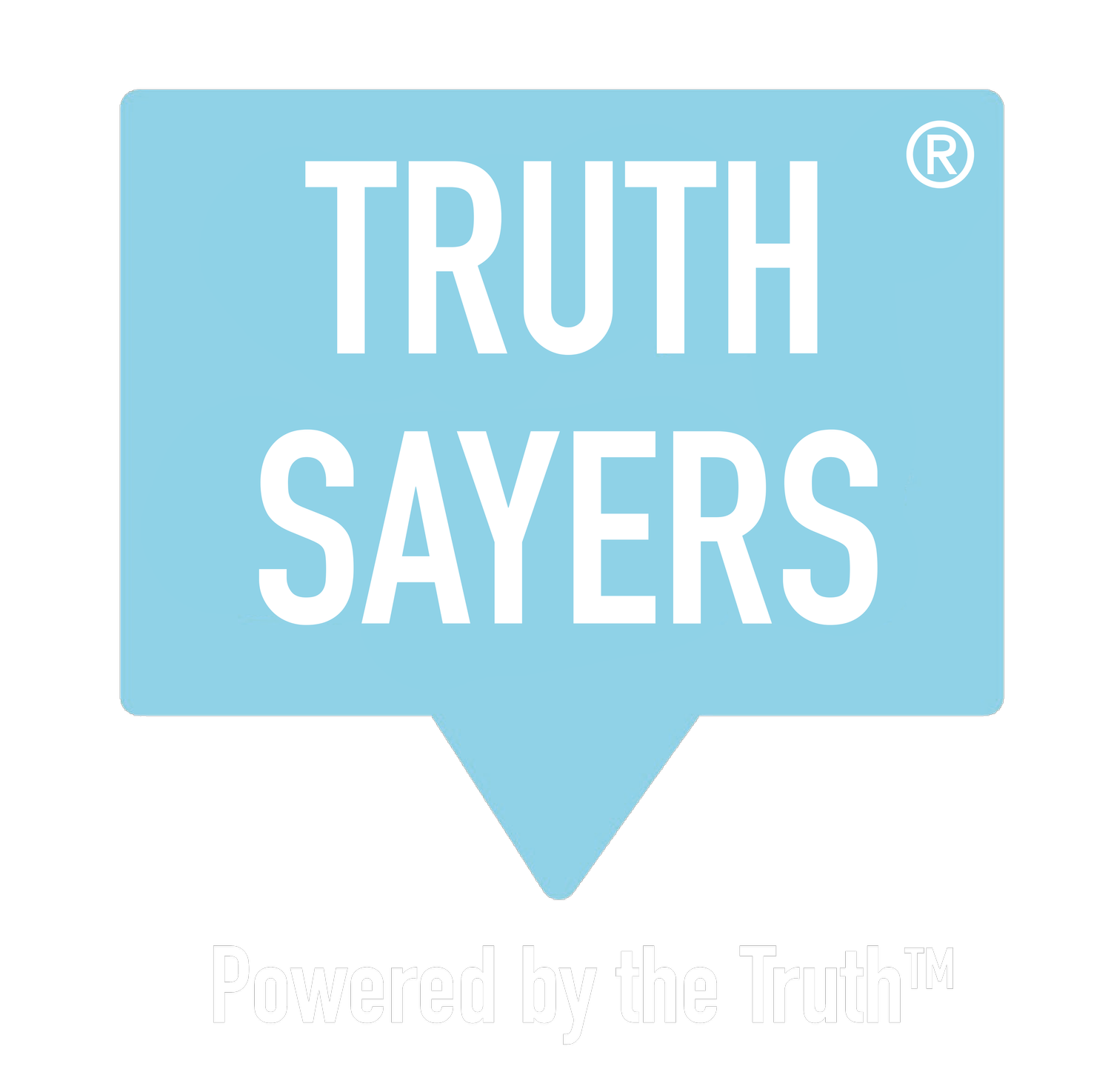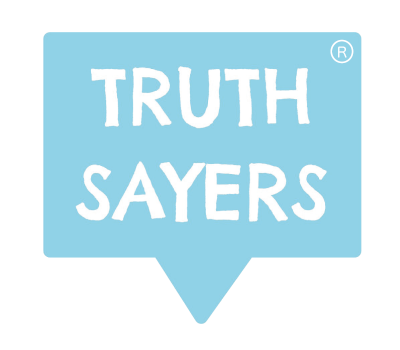Why Is It So Hard To Be Authentic?
“I wonder... if I look at the Gen Z people that are coming into the workplace, whether or not they’re prepared to make those trades in the way that my generation was?”
TRUTHSAYERS® NEUROCAST™
The Neurocast™ brings together leading voices from business, science and technology to share their stories and reflections on the value of open, honest communication.
The path to authenticity isn’t always an easy one. In this, the first of three episodes, Simon Stapleton is joined by Paul Anderson Walsh to tackle conscious biases and how we can overcome them.
Paul Anderson Walsh is a Learning & Development Practitioner, Author, Broadcaster, Inspirational Speaker and Life Coach. Paul is ITN Productions’ resident leadership expert for their Amazon Audible series ‘How to OutPerform’, he is also a BBC contributor and has a regular show on Premier Radio. Former CEO of The Stephen Lawrence Charitable Trust, Paul continues to work with various social justice projects and is the founder and director of The Grace Project. The key driver in Paul’s work is to communicate people’s self-worth and expand their horizons, working with business leaders to help them truly understand the motivation and drivers of themselves and their people. We’re delighted to have him on the show to impart some pearls of wisdom to our viewers.
Transcript
Simon Stapleton: There's always a connotation with bias that anyone who behaves inauthentically, that it's always a bad thing? Do you think it's always a bad thing? What's your view on that?
Paul Anderson Walsh: I think there's two slightly different points in there. One might seem to be to do with whether bias is necessarily a bad thing. And the answer is no, I don't think it is. I know you well enough to know that you have a bias against shoddy work. You like things to be done at an excellent standard. So you've got a bias against poor quality products, right. Good for you. Because I think that's a worthwhile bias. There's a difference between you having a bias against poor quality work, and discriminating against me, because you think people like me do poor quality work.That's a very different conversation -
SS: Great point
PAW: - a very, very different conversation.
PAW: I would say that the bias piece is on one side of the argument, but I think the authenticity question is really a very, very interesting question, because - do you know - the only question really the world really throws at you which is basically to say, “Who are you? What does authenticity look like for you?” It demands you answer the question about your own, authentic self and the problem is, if you don't answer the question, the world is given the question to answer for you and so many of us are living inauthentically because we haven't answered the question for ourselves. Once I'm clear in my mind about being what authenticity is for me, then if you ask me to do things that are inauthentic for me, those are going to be deal breakers for me, because I'm not going to do that. But until such time, as I've really settled into who I am and what I stand for, well, you know what, I'm negotiable around those things. I think a lot of people - and I would absolutely include myself - have been in corporate environments, not necessarily, Simon, in search of adding value, but in the hope of finding validation. And because those who environments offer me validation, then I might trade with you around some of my authenticity. Because it might be I might feel that's worth it. And I think that the reality of corporate life, Simon, and the reason why people like me end up leaving it is because, not only do I get to a point where I don't want to be on the end of strings that other people are pulling, but also I don't want to be pulling strings that other people are on the end of.
SS: Totally. Yeah.
PAW: Because the thing I prize more than anything else, is to enable people to be who they really are.
SS: Absolutely. If you think about careers, and the time we spend from leaving school or university, going through our career, whether-- I think it's true that as you get older, and you get wiser, and you understand yourself more, and you settle into yourself that you're less likely to have your strings pulled than when you are in your early career. So is the bias that people manifest - do you think it's more prevalent in early careers as you seek that validation, you're seeking to fit in?
PAW: I think it would certainly have been true of my generation, because my generation are a 'fitting-in-generation' and my generation recognise that you would have to almost certainly edit yourself, you would almost certainly have to hold some of yourself back, that you would have to be 'appropriate'. What I wonder is, if I look at youth cultures today and if I look at the Gen Z people that are coming into the workplace, whether or not they're prepared to make those trades in the way that my generation was, so I think you make a really interesting point. It might be that the culture that we're living in now with the young people that are being raised in our current culture, have a more self-deterministic culture where they say, actually, nobody's going to tell me who I am.
SS: I think that's true. I think that young people are much more clear about who they are, nowadays, because I think, as you say, the generational aspect, the people of the older generation have been through that and felt the pain of it, and now bring it up their children with a slightly different mindset. And of course, it's not always like that, but I think more so nowadays. So, I think, totally agree with you, absolutely, Paul.
Find out more about partnering with Truthsayers® Neurotech®.

